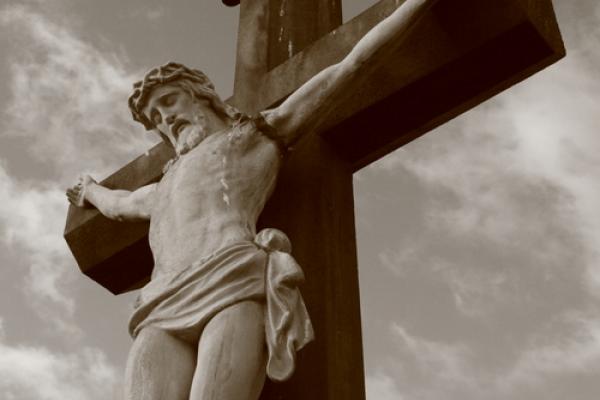The first Christians confessed that Jesus is "God from God, light from light, true God from true God." Jesus is, they finally confessed after centuries of dispute, who the Gospels and the apostles plainly tell us: God without qualification. Bethlehem's baby boy grew to be the man from Nazareth, who is also from before time and forever the only begotten Son.
Jesus tells Philip that he and the Father are one; that if Philip has seen Jesus, then Philip has seen the Father. Paul tells the Colossians that Christ is the visible image of the unseen God. The Hebrews are taught by their apostle that Jesus bears the very stamp of God's nature.
If anything we think we knew about God before Jesus arrives in Mary's womb contradicts what we see and hear of Jesus in the Gospels, then we are the ones who are mistaken, the ones who weren't paying close enough attention before he came (yes, Jesus reveals the same relationship-initiating God of holy love we encounter in the pages of the Hebrew Bible); we are the ones who have, since his decades of extravagant humility among us as one of us, forgotten the Christ.
Read the Full Article

